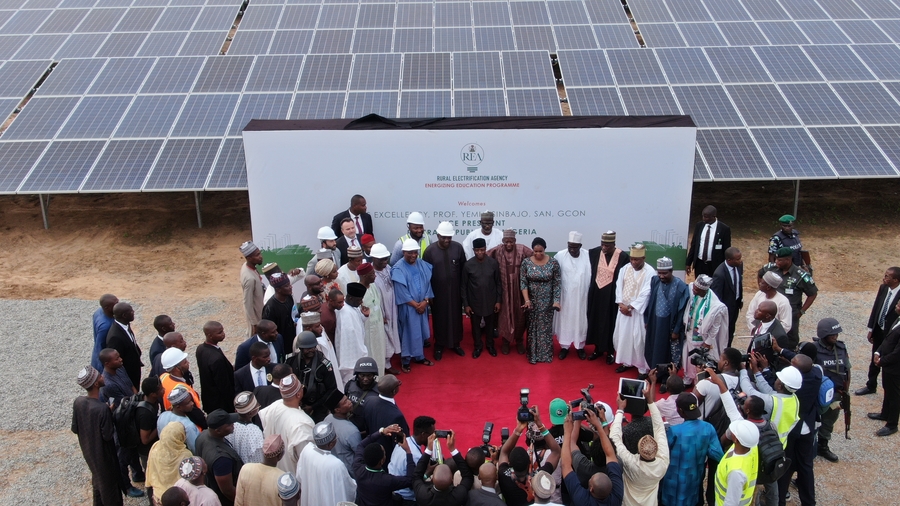There are no products in your shopping cart.
| 0 Items | £0.00 |


NIGERIA'S federal government has unveiled an ambitious clean energy programme centred around cooking that will involve weaning 1m households off firewood as part of its climate action initiative.
A signatory to the 2015 Paris Agreement on Climate Change, Nigeria is committed to limiting global warming and achieving a climate neutral world by 2050. Signed by 196 countries, the agreement commits them to generating more power from clean energy sources such as solar, wind and biofuels and reducing their carbon footprint.
Despite pledging to help cut greenhouse gases, Nigeria has done very little practically, as she has not moved towards the mass-use of clean energy, has no electric car programme and is still heavily dependent on fossil fuels. However, in an attempt to now do something about the problem, the federal government has set a target to transition 1m households from firewood-based cooking to clean, sustainable energy.
Minister of women affairs, Hajiya Imaan Sulaiman-Ibrahim, announced the programme in Abuja, saying the initiative is a key component of Nigeria’s gender-responsive plans, emphasising the crucial role women play in advocating for climate solutions and leading adaptation efforts. She also underscored Nigeria’s participation in the climate summit COP29 in Azerbaijan as an opportunity to engage the global community on gender-inclusive climate policies.
Beyond environmental sustainability, the minister also outlined the government’s broader goal of empowering 10m women by 2027, aligning with President Bola Tinubu’s vision of a $1trn economy. To achieve this, the Federal Ministry of Women Affairs is implementing several initiatives, including the Nigeria for Women Scale-Up Project, supported by the World Bank.
This World bank-supported programme aims to equip 4.5m women with financial literacy, business development skills and cooperative training to enhance their economic contributions. Additionally, the ministry has launched the Mowa-Sara Accelerated Skills Acquisition Programme in collaboration with Wema Bank, offering vocational and business training to 500,000 women.
Apparently, the first phase, currently underway in Kano, involves training 2,500 women in various entrepreneurial skills to foster financial independence. To further support women and vulnerable groups, the ministry of women's affairs has introduced a food intervention programme that provides financial assistance and backs women-led agricultural projects.
Efforts to improve women’s access to finance are also in progress, with the establishment of a National Microfinance Framework aimed at bridging the financial gap for women entrepreneurs. This framework will provide affordable credit and gender-responsive financial services, empowering women to grow their businesses and contribute to national development.
In addition, a nationwide campaign has been launched to distribute menstrual hygiene kits to 10,000 girls, addressing period poverty and supporting their education and well-being. All this is part of a programme to reduce teenage pregnancies and child marriages.
Dr Suwaiba Sa’id-Ahmad, the minister of state for education, also encouraged women to seize available empowerment opportunities. She praised Dr Sulaiman-Ibrahim’s dedication to tackling critical issues affecting Nigerian women and girls, such as early marriage, teenage pregnancy and access to education.